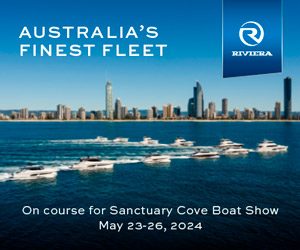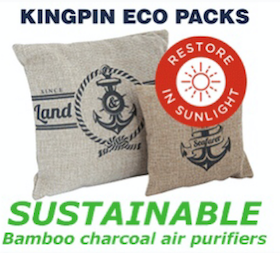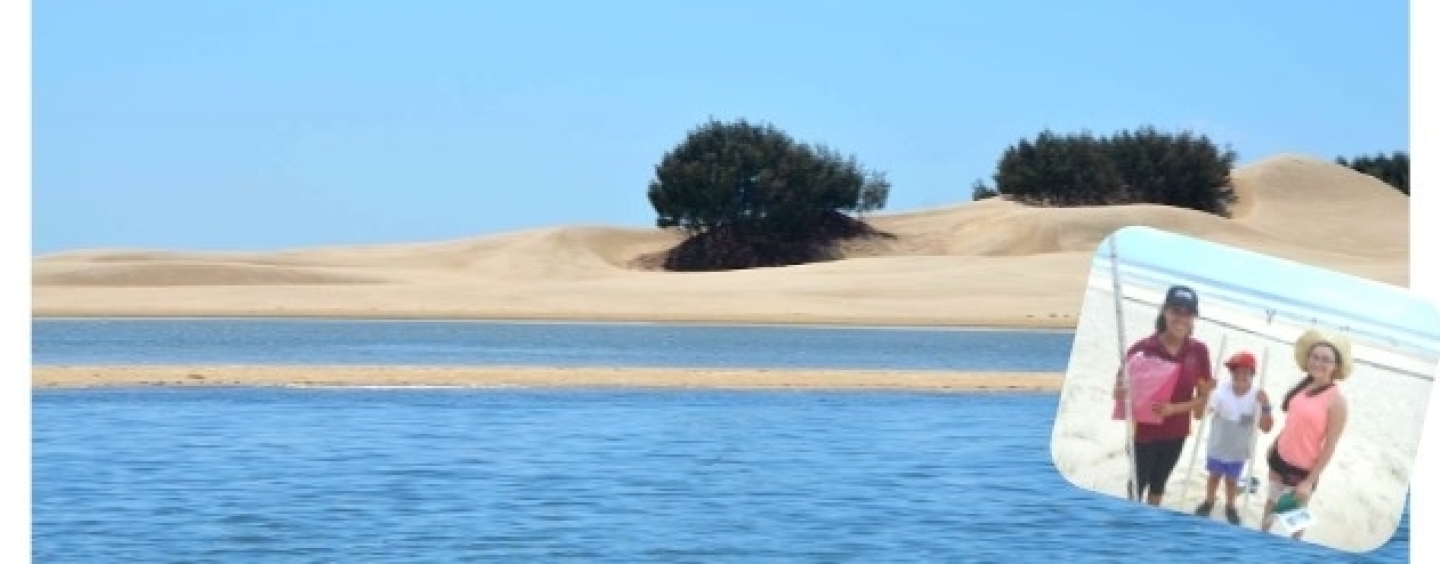Did you know that Benjamin Franklin and Charles Darwin collected valuable data in the 19th century without getting paid? On the Gold Coast, members of the community are involved in citizen science projects to collect and/or process data for a particular conservation project.
Today most volunteers work together with one or more professionals in projects mainly in the area of: wildlife, water quality and plants in Australia. In 2014, a survey was conducted, which revealed that 83,558 citizen scientist were involved in 77 projects in Australia. Of the respondents, 66% classified themselves as professionals and only 13% as volunteers. This is a great number of people getting involved with meaningful and interesting projects.
Scientists use volunteers more than ever to collect valuable data, especially for big projects. Through citizen science, it is also possible to run big projects which are not only restricted to regional locations but also have a national or international scope. Participants are able to learn how to collect data. Some volunteers are even very experienced and able to enhance the project. They will also share their knowledge and assist in raising awareness for the topic of concern.
The Gold Coast region hosts a range of citizen science projects that focus on our coastal environment, such as DuneWatch and MangroveWatch. DuneWatch was launched in December 2015 by the Griffith Centre of Coastal Management and was created to give the community an opportunity to assist in collecting vital information on the health of the sand dunes. This will expand the knowledge on the local dune systems and also maps current planting activities. Sand dunes are an important ecosystem as it protects our shorelines and therefore also our coastal development. Dune vegetation ensures that the sand is held together during storm events and attracts a variety of wildlife. A number of animal species will find their homes in the dunes; others look for shelter or food. The diversity of plants and animals create a valuable and unique coastal environment as each dune has its own composition.
DuneWatch has 10 sites along the Gold Coast. Find them every Saturday, 9-11am. Visit www.griffith.edu.au, or send an email to coasted@griffith.edu.au.
By Katharina Gihring, Griffith Centre for Coastal Management
























